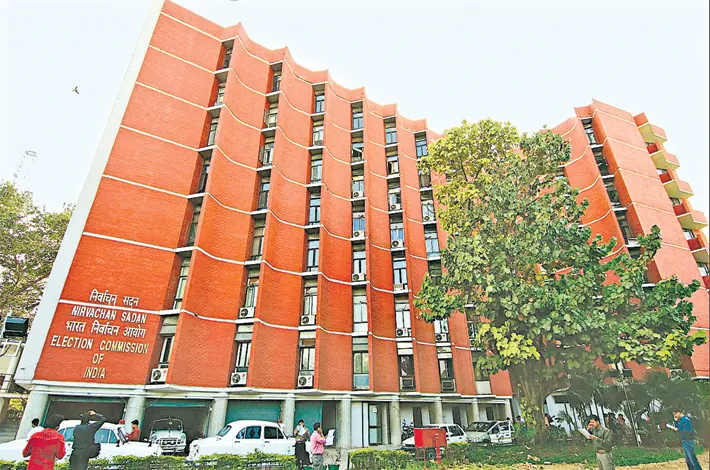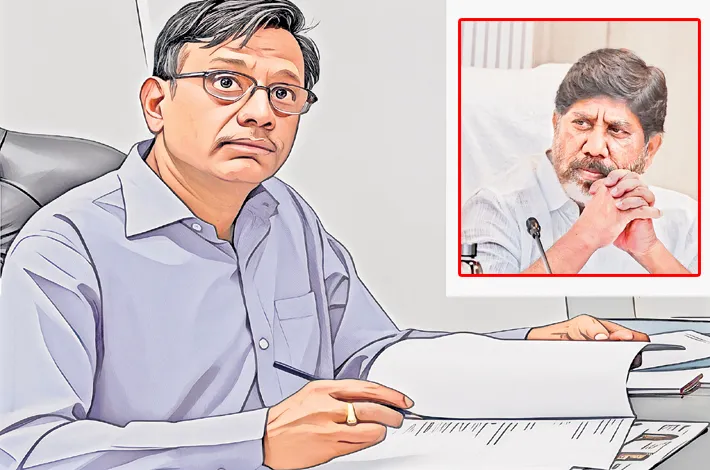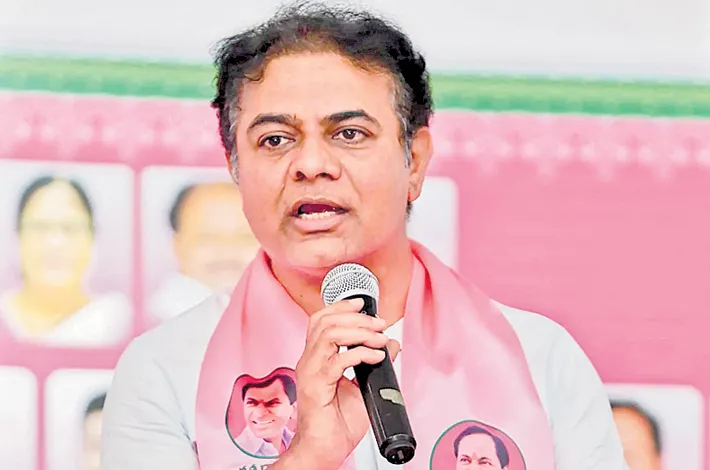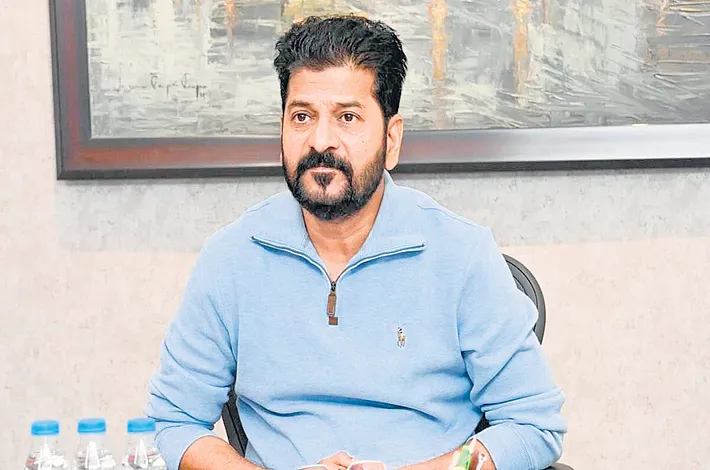Election roll purification sparks debate: Is SIR timely or exclusionary?
30-10-2025 12:00:00 AM

Complaints against SIR:
■ Opposition parties argue it could strip voting rights from anti ruling party sections, including migrant workers and women.
■ Highlight the controversies in Bihar, where 47 lakh names were deleted from electoral rolls
■ Question why accept Aadhaar not accepted a valid document despite accepting other similar ones.
Pro-SIR arguments:
■ Emphasize the need of ensuring thorough voter verification and also the need for a mechanism to identify illegal immigrants.
■ Point out that no large scale protests or objections in Bihar, claiming that it produced the desired results.
A heated debate has surfaced in India’s political landscape, centring on voter verification processes and strategic alliances ahead of crucial by-elections. Political parties are clashing over the Election Commission of India’s (ECI) voter list scrutiny, with accusations of disenfranchisement, selective targeting, and fear-mongering dominating discussions.
The controversy stems from the ECI’s recent efforts to verify voter lists, which some parties argue could unfairly strip voting rights from marginalized groups, including migrant workers and women. A BJP spokesperson emphasized the importance of ensuring "every voter is verified before their vote is cast," highlighting the need for a transparent process. The Special Intensive Revision (SIR) designed to update electoral rolls and drop invalid voters, has been hailed by some as a critical step toward ensuring accurate voter lists.
Former officials of the Election Commission Qureshi expressed support for the nationwide rollout. They emphasized that the exercise, which began in Bihar, was always intended to go national. They also cited the absence of appeals in Bihar as evidence of the exercise’s success and added that the longer time frame for other states, unlike the tight deadlines in Bihar, should mitigate concerns.
However, concerns were raised about the feasibility of completing such verifications in states like Tamil Nadu, with its 8.4 to 8.6 crore population, before the April elections. Critics pointed to Bihar, where 15% of voters in certain constituencies were removed from voter lists, raising allegations of targeted deletions to weaken opposition strongholds.
The opposition, including parties like the Congress and its allies, has accused the ECI of lacking clarity in its verification process, fuelling distrust. A Congress leader argued that the ECI’s actions have created a perception of “fear-mongering,” claiming that the removal of 16 lakh women voters compared to 7 lakh men in Bihar suggests a deliberate attempt to suppress votes for the INDIA alliance.
Critics like psephologist and political commentator Yogendra Yadav argue that the exercise is fundamentally flawed. Yadav described it as “an instrument of mass disenfranchisement refined into targeted exclusion.” He highlighted the lack of transparency in Bihar, where 47 lakh names were deleted from electoral rolls, calling it the “largest single exclusion in Indian election history.”
Opposition leaders contested the claim that the absence of appeals indicates success, noting that no formal orders were issued to those whose names were removed, making appeals impossible. They also criticized the Commission for placing the burden of proof on voters rather than itself, a shift from the past 75 years of practice, and for its reluctance to accept Aadhaar as a valid document despite accepting others with similar limitations.
At the same time, political analysts who were leaning towards the BJP defended the SIR, arguing that the Bihar model’s success is evident in the lack of widespread protests or objections from booth-level agents. They advocated for a National Register of Citizens to address concerns about illegal immigration, particularly in border states. The debate also touched on the contentious issue of Aadhaar’s role in voter verification.
At the same time, Congress leaders pointed out that while Aadhaar is not a proof of citizenship, neither are nine of the 11 documents currently accepted by the Election Commission, such as a Class 10 mark sheet or land records. He questioned why Aadhaar, widely available, is excluded while less accessible documents are accepted. The SIR’s expansion to states like West Bengal, where concerns about targeted exclusion in border areas are particularly acute, has raised fears of a growing trust deficit in the Election Commission.
Critics argue that greater engagement with political parties and stakeholders could have built consensus and mitigated concerns. As the SIR rolls out nationwide, the debate underscores a broader question: how can electoral rolls be purified without disenfranchising legitimate voters? While supporters see it as a necessary cleanup, critics warn that without transparency and inclusivity, the exercise risks alienating citizens and undermining democratic trust. The Election Commission now faces the challenge of balancing rigorous voter.








